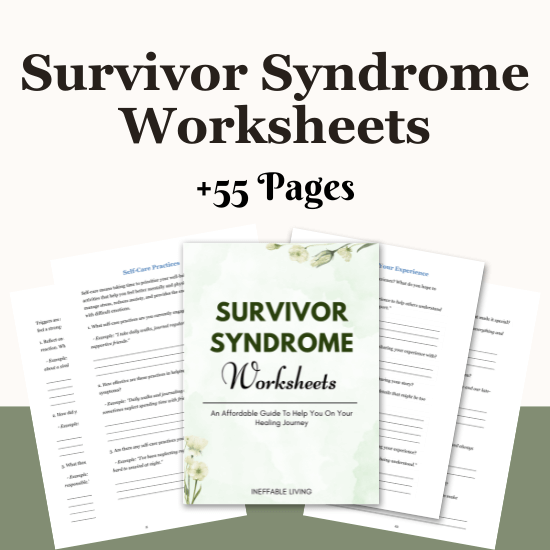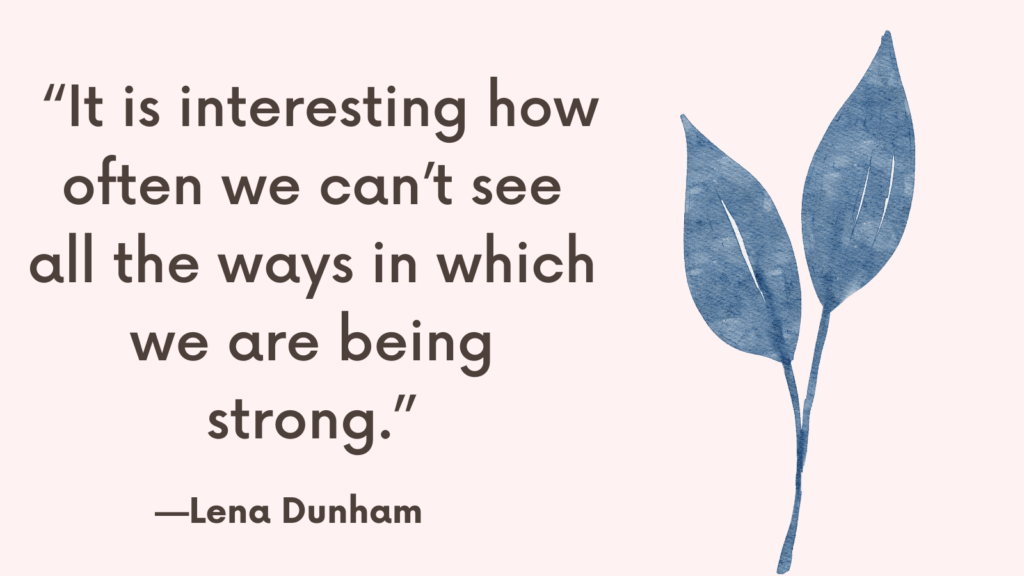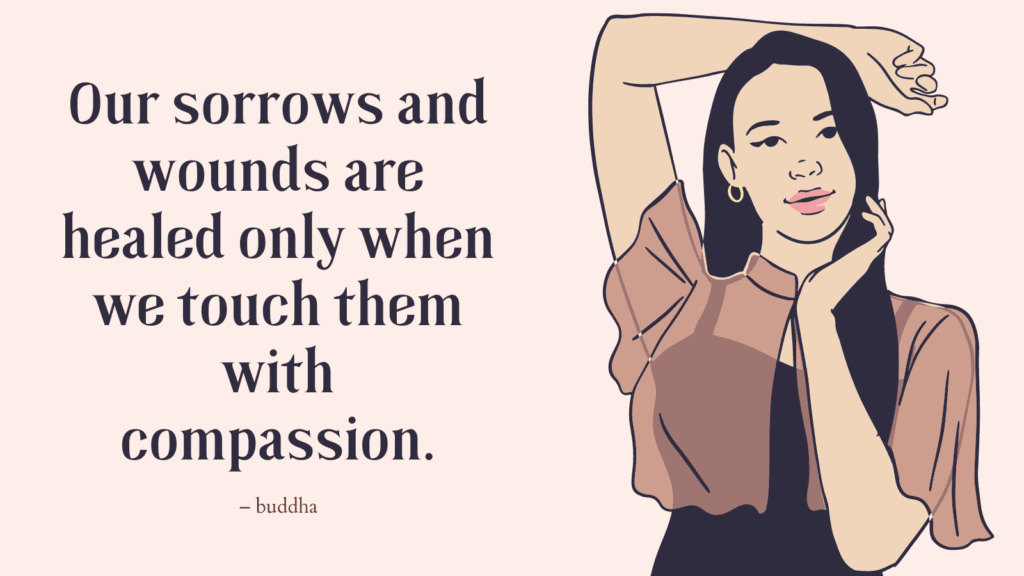Survivor Syndrome, also known as Survivor Guilt, is a psychological phenomenon where individuals who have survived a traumatic event feel intense guilt and distress because they survived while others did not.
This condition is often experienced by survivors of natural disasters, wars, accidents, and other catastrophic events.
This blog post delves into the nature of Survivor Syndrome, its symptoms, causes, and strategies for coping and healing.
What is Survivor Syndrome?
Survivor Syndrome occurs when a person who has lived through a traumatic event struggles with feelings of guilt and unworthiness.
They may question why they survived while others did not, leading to emotional turmoil and difficulty moving forward.
This condition can significantly impact a survivor’s mental health and overall well-being.
Symptoms of Survivor Syndrome
1. Intense Guilt:
Survivors feel overwhelming guilt for having survived when others did not. This guilt can be irrational but deeply felt.
2. Preoccupation with the Event:
Persistent thoughts and memories of the traumatic event, often replaying scenarios and wondering what could have been done differently.
3. Emotional Numbness:
A sense of detachment or emotional numbness, making it difficult to experience joy or connect with others.
4. Anxiety and Depression:
Increased risk of anxiety, depression, and other mental health issues.
5. Difficulty Moving Forward:
Struggling to return to daily routines or plan for the future, feeling stuck in the past.
Related: 10 Tips On Healing From Trauma While In A Relationship
Causes of Survivor Syndrome
Survivor Syndrome can develop from a variety of traumatic experiences, including:
– Earthquakes, floods, hurricanes, and other natural catastrophes that result in significant loss of life.
– Combat veterans and civilians who survive wartime experiences.
– Car crashes, plane crashes, or other severe accidents where survival is rare.
– Survivors of terrorist attacks or mass shootings.
– Individuals who survive severe illnesses or pandemics when others around them do not.
Related: How To Rebuild Your Life After Trauma?
Coping Strategies for Survivor Syndrome
1. Acknowledging Feelings
One of the first steps in coping with survivor syndrome is to acknowledge and accept your feelings.
Understand that it is normal to feel guilt, anxiety, and sadness after surviving a traumatic event.
These emotions are a part of the healing process and should not be ignored.
Seeking to understand your feelings rather than suppressing them can lead to healthier emotional processing.
2. Connecting with Other Survivors
Finding a support group of individuals who have experienced similar events can be incredibly validating.
Sharing experiences and coping strategies can reduce feelings of isolation and provide a sense of community and understanding.
3. Practicing Self-Compassion
It is important to treat yourself with the same kindness and understanding that you would offer to a friend.
Recognize that surviving a traumatic event is not your fault, and you deserve to heal and be happy.
Self-compassion exercises, such as positive affirmations and self-care routines, can help shift your mindset.
Related: What Is Hyper Independence Trauma?(+4 Steps To Healing)
4. Maintaining a Routine
Establishing a daily routine can provide a sense of normalcy and control, which can be comforting during times of emotional turmoil.
A consistent schedule helps to anchor your day and can improve overall mental health by promoting stability.
5. Focusing on Physical Health
Regular exercise, a balanced diet, and sufficient sleep are crucial for mental well-being.
Physical activity releases endorphins, which can improve mood and reduce stress.
Taking care of your body can have a positive impact on your emotional state.
6. Volunteering and Helping Others
Helping others can provide a sense of purpose and fulfillment.
Volunteering your time or skills can shift focus away from your own distress and promote positive feelings by making a tangible difference in someone else’s life.
7. Writing and Journaling
Writing about your experiences and emotions can be a therapeutic way to process what you’ve been through.
Journaling can help organize your thoughts, provide clarity, and serve as an outlet for expressing emotions that might be difficult to verbalize.
Related: Counterdependency: Top 9 Ways to Overcome It
8. Practicing Gratitude
Focusing on what you are grateful for can shift your perspective from negative to positive.
Keeping a gratitude journal or simply taking time each day to reflect on things you appreciate can help improve your overall outlook and emotional well-being.
9. Avoiding Self-Isolation
It is important to stay connected with friends and family, even when you feel the urge to withdraw.
Social support is critical in recovery, and maintaining relationships can provide comfort, reduce feelings of loneliness, and offer perspective.
10. Limiting Media Exposure
Constant exposure to news and media related to traumatic events can exacerbate feelings of guilt and anxiety.
Setting boundaries on media consumption can help protect your mental health and reduce unnecessary stress.
11. Engaging in Relaxation Techniques
Techniques such as deep breathing exercises, progressive muscle relaxation, and yoga can help reduce physical tension and promote a sense of calm.
Incorporating these practices into your routine can improve overall stress management.
12. Educating Yourself
Learning about survivor syndrome and understanding that your feelings are a common response to trauma can be empowering.
Knowledge can help normalize your experience and provide tools and strategies for managing symptoms.
Related: How to Build an Internal Sense of Safety for Trauma and Anxiety?
13. Talking about Your Experience
Sharing your story with trusted individuals can be an important step in the healing process.
Verbalizing your experience can help release emotional burden and provide a sense of relief and connection.
14. Finding Meaning and Purpose
Reflecting on the significance of your experience and finding ways to create meaning can be transformative.
Whether through personal growth, helping others, or pursuing passions, finding a sense of purpose can provide direction and fulfillment in your life post-trauma.
Related: Guilt And Shame In Recovery: Top 10 Tips to Overcome Them
Supporting a Loved One with Survivor Syndrome
If someone you care about is experiencing Survivor Syndrome, there are several ways you can support them:
1. Listen and Validate:
Offer a listening ear and validate their feelings without judgment. Let them express their emotions freely.
2. Encourage Professional Help:
Gently encourage them to seek professional help if they have not already done so.
3. Be Patient:
Recovery from Survivor Syndrome can take time. Be patient and understanding as they navigate their emotions.
4. Offer Practical Support:
Help with daily tasks or accompany them to appointments if they need support.
5. Stay Connected:
Keep in touch and let them know you are there for them. Social connections are crucial for recovery.
Related: Best 20 Healing Shame Exercises To Break Free From Toxic Shame

Conclusion
Survivor Syndrome is a profound and challenging condition that affects many individuals who have lived through traumatic events.
Understanding the symptoms, causes, and coping strategies can help survivors find a path to healing and reclaim their lives.
If you or someone you know is experiencing Survivor Syndrome, reaching out for professional help is a vital step towards recovery.



